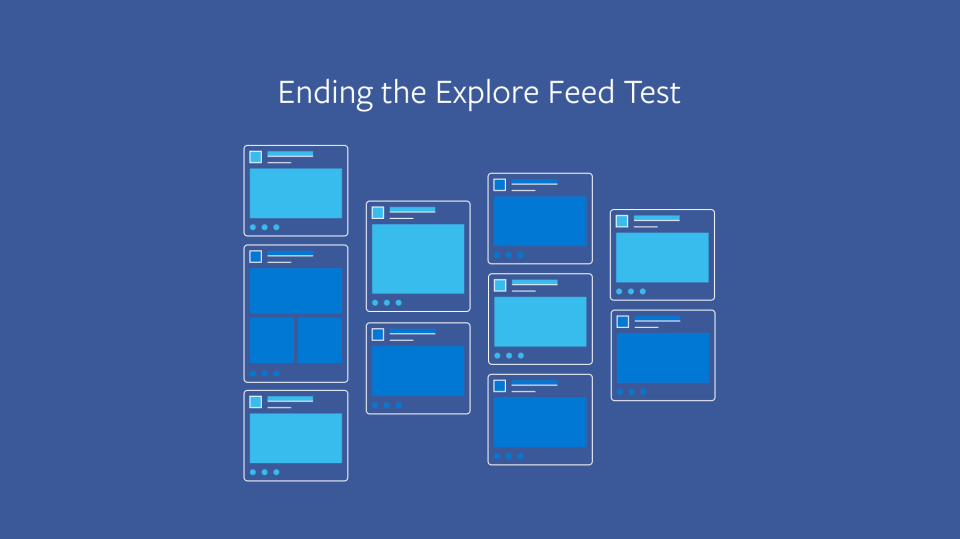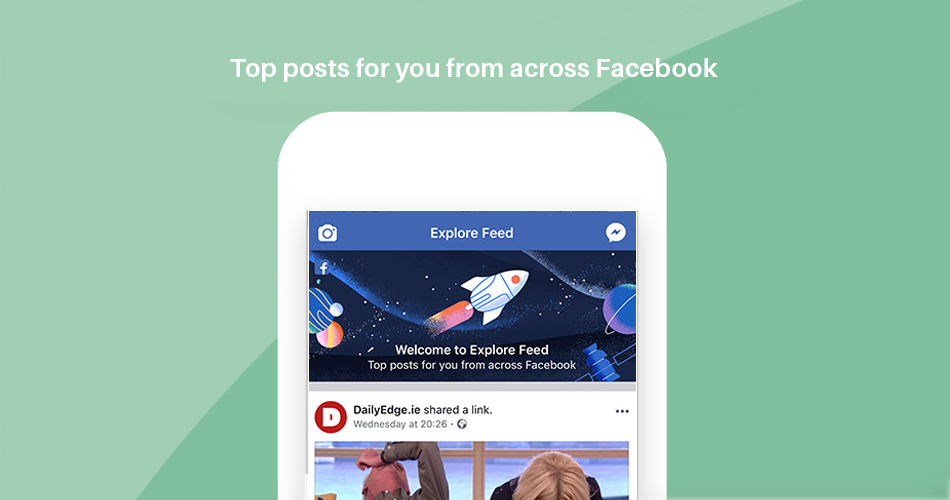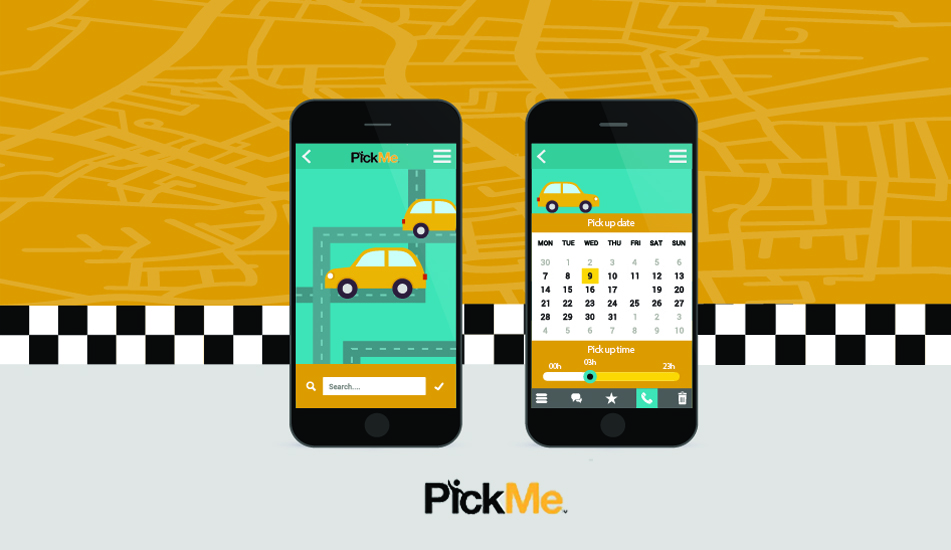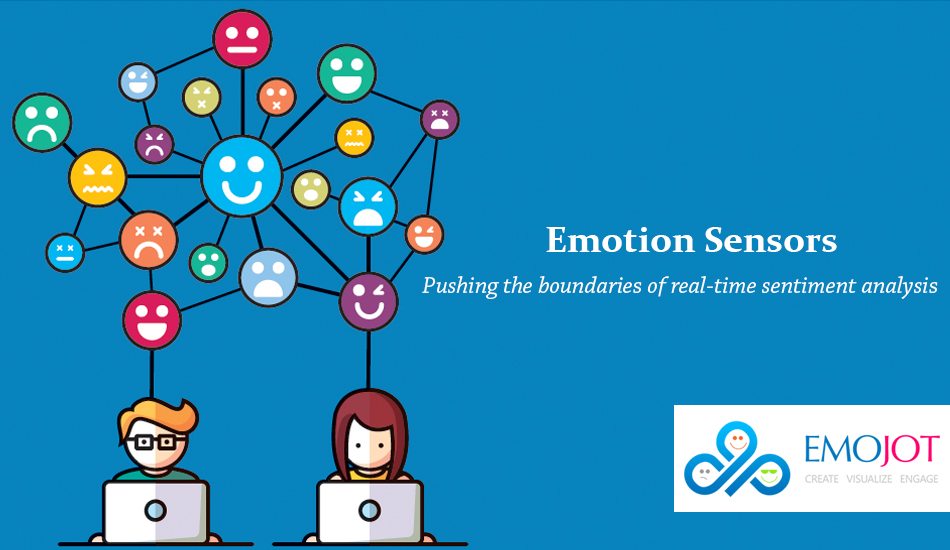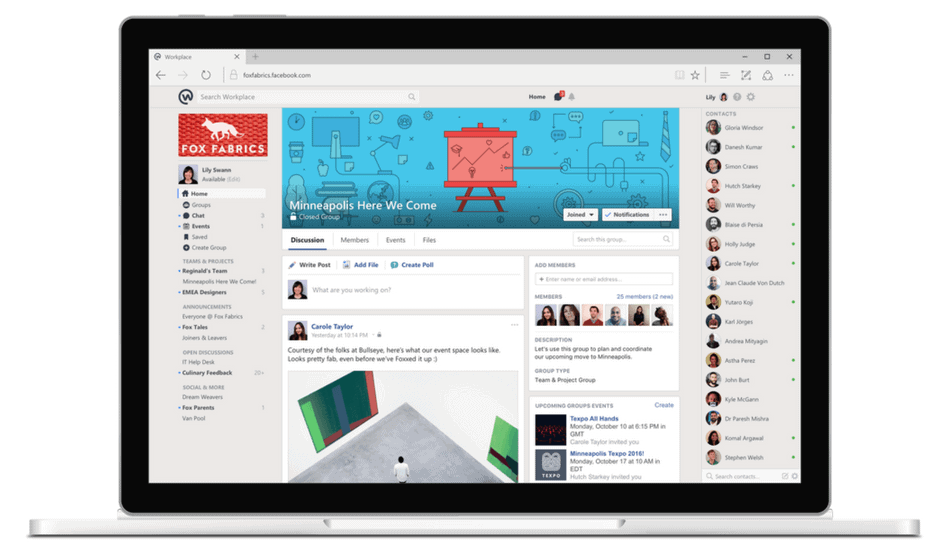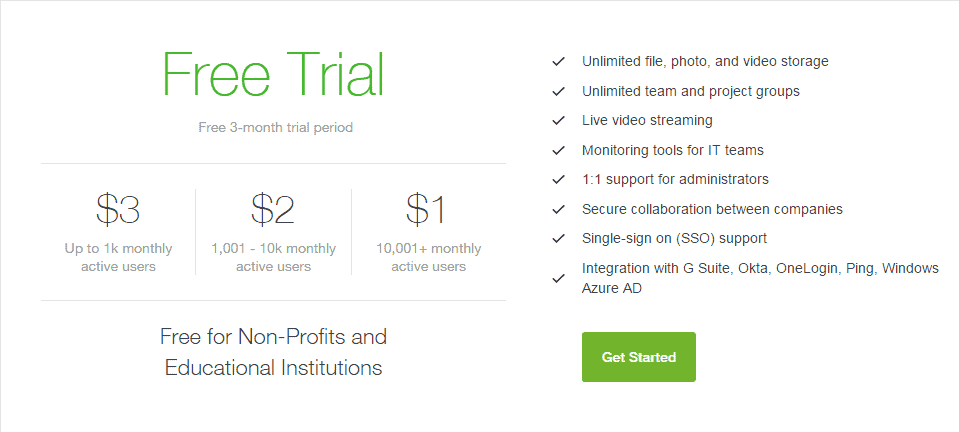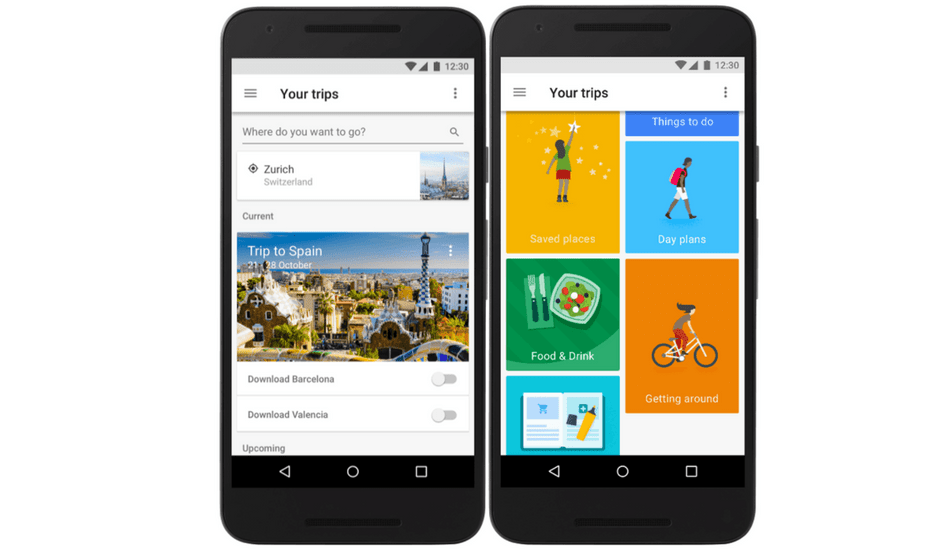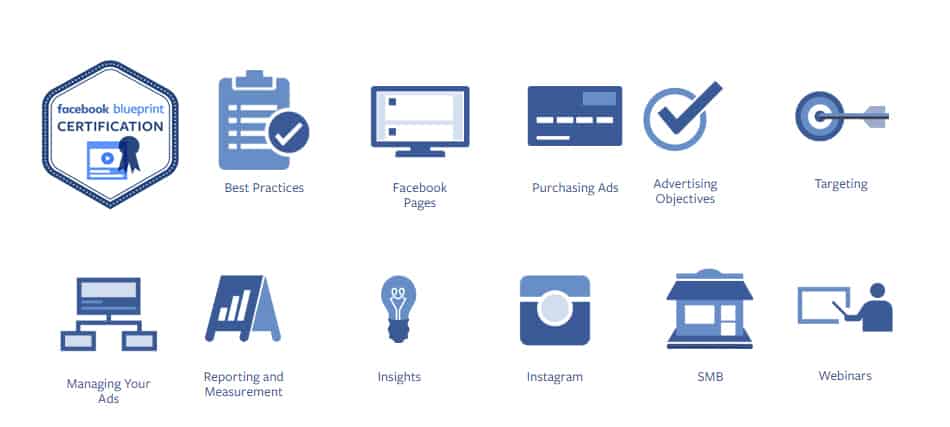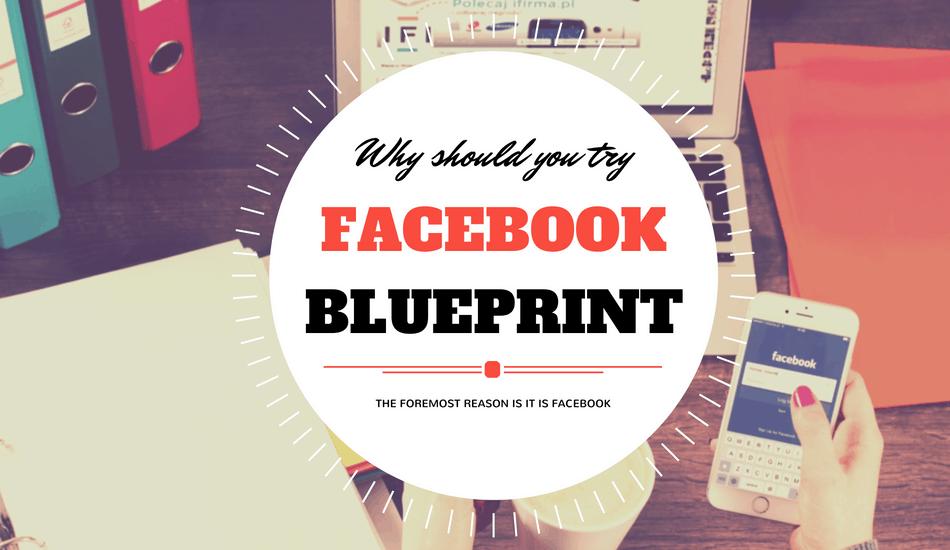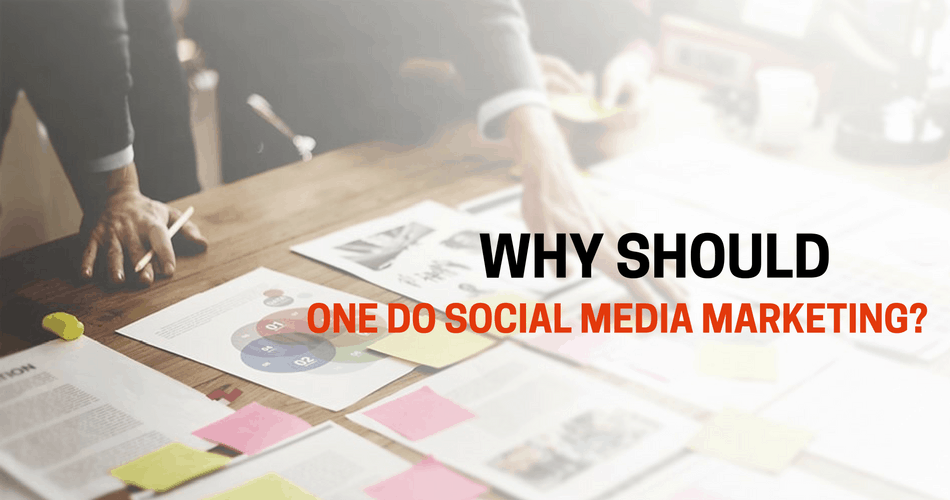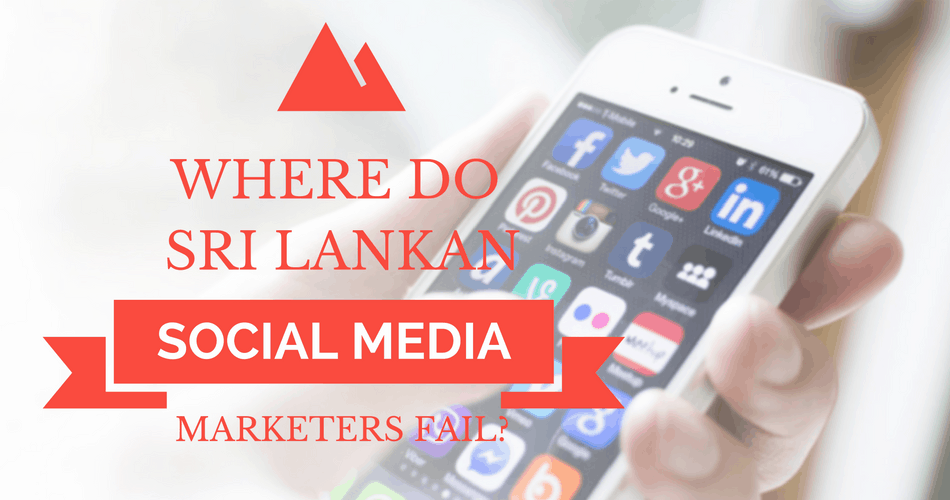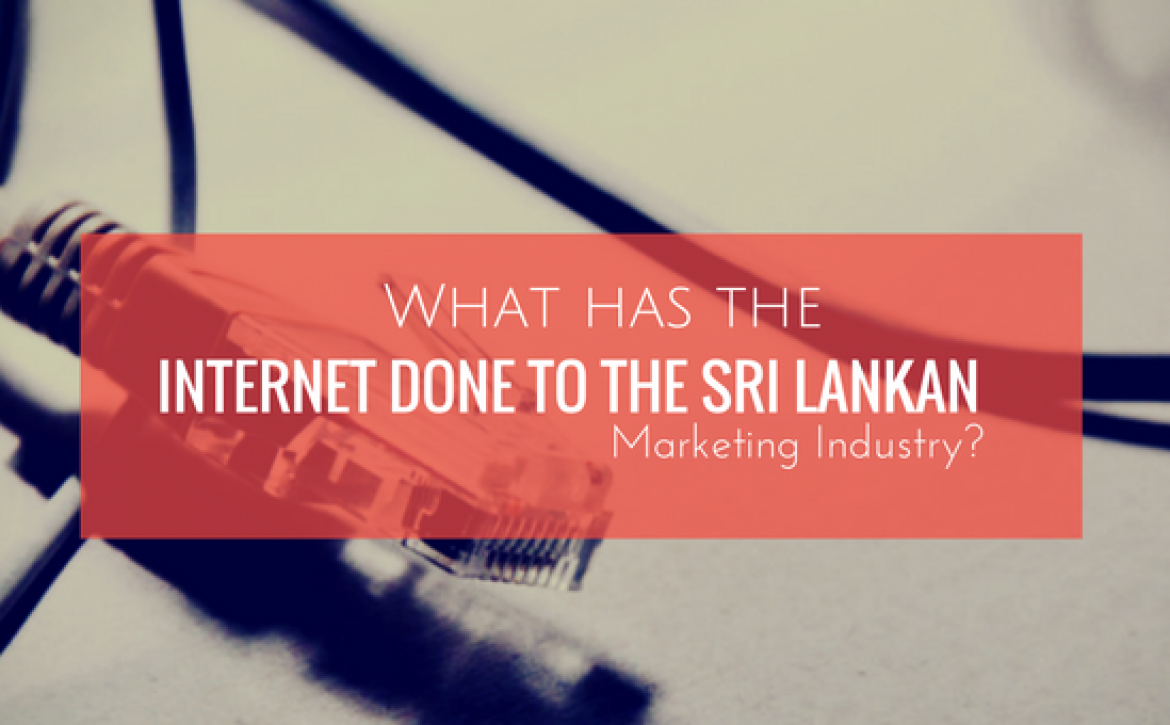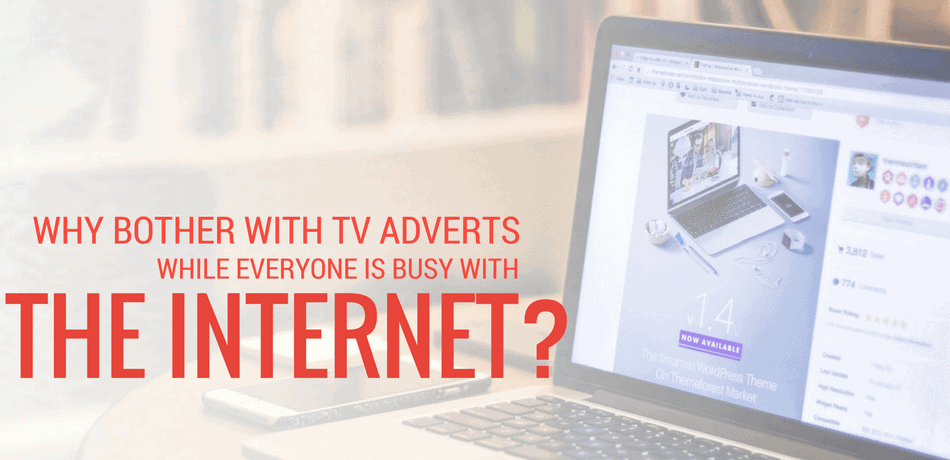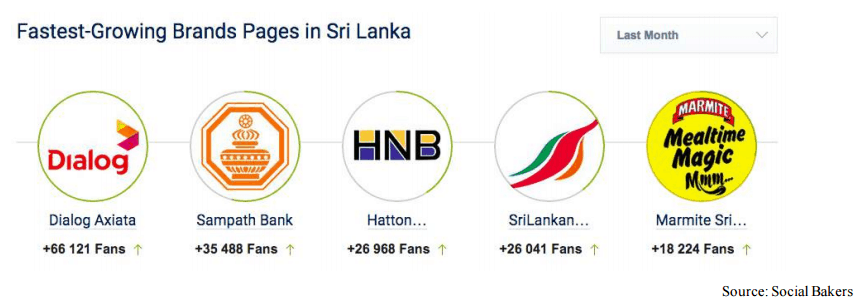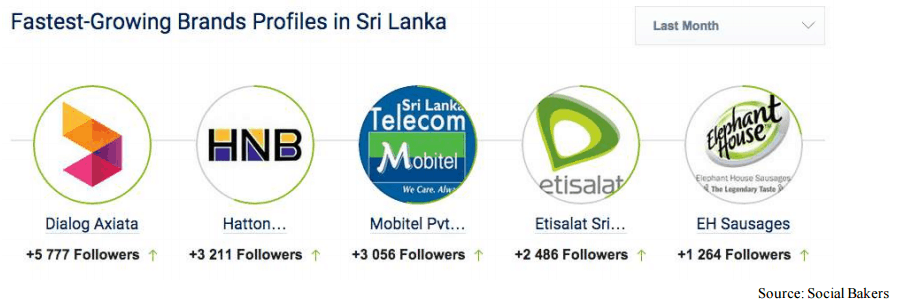Facebook Bade Farewell to Explore Feed & Welcomed Closer Together
Facebook Bade Farewell to Explore Feed & Welcomed Closer Together
On the 1st of March 2018, Facebook announced the end of its disastrous Explore Feed experiment, after harsh criticism from users and journalists. October 2017 saw the worldwide launch of an alternative News Feed, named Explore Feed, a feature previously exclusive to Facebook’s app. It aimed to encourage users to stumble upon content that might interest them. When News Feed focuses on posts from family, friends, Liked and Followed pages, Explore Feed displayed content pertaining to a user’s interests.
The content on Explore Feed wasn’t entirely random, as it included items that a user had previously shown interest in, or that were popular among their friends. With this update, Facebook aimed to increase the spending time of online users. In fact, this social media giant regularly introduces new features as alternatives to News Feed. However, most users never veer from News Feed to actually discover such features.
An unexpected update
Surprisingly, in an isolated experiment rolled out in six countries, namely, Sri Lanka, Guatemala, Slovakia, Serbia, Bolivia, and Cambodia, a different variant of Explore Feed was implemented. All content other than posts from friends and family was displayed under this experimental feed. Consequently, blindsiding businesses and news organizations in test countries, and leading to a massive rise in misinformation regarding test product.
Adam Mosseri, Facebook’s head of News Feed, shared through a blog that Their social networking platform frequently tests design changes, new features, and ranking updates. Doing so allows them to understand how Facebook can be transformed for everyone’s benefit. Some changes including Live video, GIFs, and Reactions garner positive feedback and become available to all users. Conversely, some experiments like Explore Feed fail to generate a positive response, or do not meet user requirements and are therefore discarded permanently.
According to Mosseri, Explore Feed was launched on a trial basis. Since, surveys and feedback revealed that users wanted to see more updates from family and friends. Subsequently, leading to the conceptualization of two separate feeds, one strictly dedicated to posts from loved ones and the other for updates from Pages.
Facebook operated under the assumption that this change would prioritize a user social interactions. As posts from media, brands, and businesses would no longer feature in News Feed. Post-launch surveys, however, indicated that users were unhappy with this new system. Two feeds hampered chances of connecting with friends and further inconvenienced users when important information was missed, Mosseri added. Therefore, after five months its launch, Facebook pulled the plug on Explore Feed.
Experiment after-effects on Facebook Pages and associated businesses
Critics condemned this Explore Feed experiment labeling it an Orwellian move that significantly increased the circulation of misinformation. Filip Stuhárik, a Slovakian journalist, opined that Facebook seemed unfazed by current happenings in its test countries and disregarded consequences. Using CrowdTangle data he showcased how professional journalists were negatively affected when fake news channels flourished.
Mosseri accepted this criticism because Facebook abruptly changed the social media landscape in six countries without considering its impact on business. Additionally, stakeholders’ input was not heeded and test subjects weren’t adequately informed about this new product. He assured that methods of evaluating countries for test products and communicating about them will be modified. Being the world’s largest social media network, Facebook faces immense scrutiny and pressure from governments and users to create less addictive services to curb the dissemination of false news.
Explore Feed’s failure can also be attributed to the choice of test countries. A majority of users in these countries never explore Facebook’s other features, therefore, the removal of brands, publisher and Page content from News Feed has only reduced organic traffic to businesses.
Stuhárik tweeted that he was pleased with Facebook’s acknowledgment of mistakes and decision to end said experiment. He hopes future experiments will be conducted keeping in mind the current situation of a test country.
According to him, owing to this experiment news media websites stopped relying on Facebook for organic traffic. He predicted that traffic is expected to reduce significantly in the future. Since News Feed will emphasize posts from family and friends over media outlets. Thereby, forcing established businesses to reconsider life after Facebook, and formulate creative ideas to improve traffic and retain loyal audiences.
Cambodian media outlets were also pleased to hear this experiment was called off. Since Facebook has emerged as a prominent platform for political news in the country. Cambodian Prime Minister, Hun Sen, who is up for re-election in July, forced traditional and independent media to shut down, especially for criticizing his government. Hence, Facebook became the sole source of news for Cambodian users, although in light of said update viewership plummeted up to 40%.
It wasn’t just the general users who lost access to reliable news sources, but businesses and other organizations suffered similar losses. For instance, had Cambodian entrepreneur In Vichet launched his online business ‘Little Fashion’ at the beginning of this year instead of 2010, it would have run aground. Since Facebook would have pushed all content from organizations and companies into its Explore Feed.
‘Little Fashion’ an online shopping outlet gained a huge local clientele through Facebook’s News Feed in its initial years. Currently, it is among Cambodia’s most successful e-commerce ventures. Vichet believes that had this update been rolled out a few years ago, it would have proved disastrous for his business. Sellers who depend on this platform for boosting sales and marketing might suffer greatly with any changes to the current News Feed system, he added.
The Cambodian economy is fragile and using them as test subjects when they are not evolved on social media is robbing them of their few opportunities. It has been observed by digital marketing firms that Cambodian businesses using Facebook for marketing were unaware for a month or two during the test phase that their outreach had declined by 60%. Facebook claims that these countries were chosen because there were no other tests being run on them. However, most critics remarked that the political and economic conditions of a country must be considered before conducting experiments that impact business practices.
Latest News Feed updates
Although such experimentation deeply affected the aforementioned countries, only social media managers who understood its full impact were alarmed. Before calling off this test, Facebook hinted that no plans of making Explore Feed global were underway. Simultaneously, they announced another update for News Feed, known as ‘Closer Together’, to address the original problem that ended in an appalling experiment.
This update streamlines News Feed content so a user only sees posts from loved ones and content published by businesses, which have specifically paid for a place on the main feed. Following this update, Cambodian businesses and NGOs that relied on said social media platform have had to make drastic changes in terms of techniques to retain audiences.
https://www.facebook.com/facebook/videos/10156988765141729/
The latest update will emphasize person-to-person engagement while limiting person-to-page engagement. This watered down version of Explore Feed will compel the page managers to modify their techniques and comply with the current algorithm. Facebook knows that to some extent users demand relevant Page content in their News Feed. Therefore, chances of charging for a Page-free News Feed are slim to none.
Over the years Facebook has transformed appreciably so it has been used. Therefore, despite their best efforts to increase interpersonal engagement, messaging apps are currently irreplaceable in this niche.

